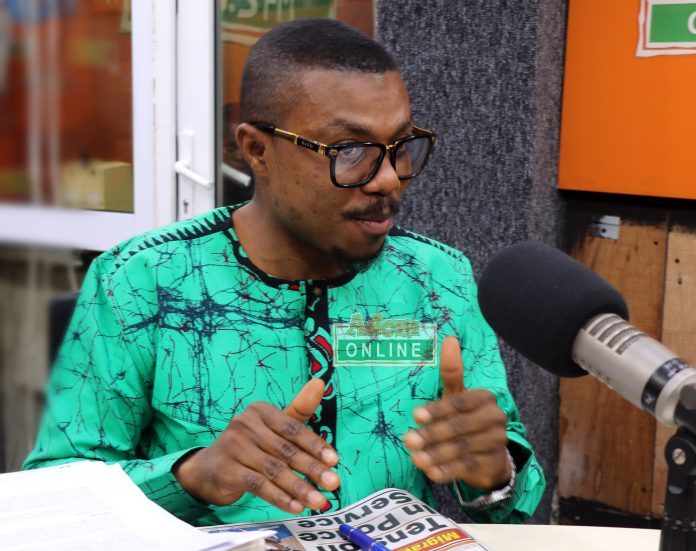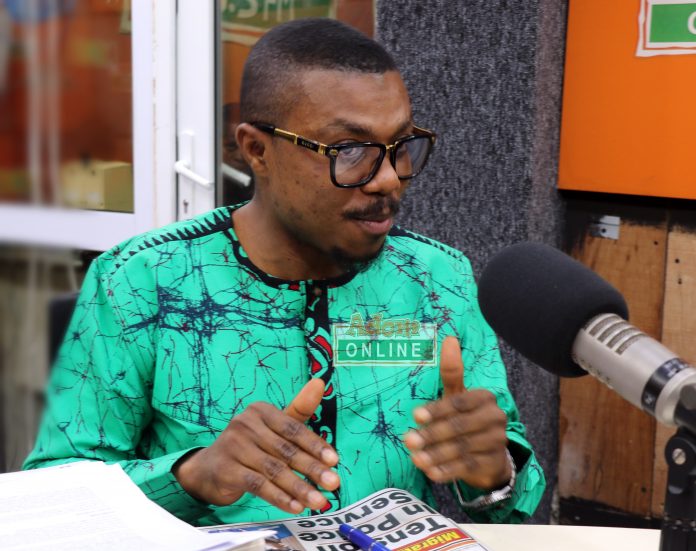
Pupils in Ghana’s primary schools are being groomed to be analytical, innovative, problem solvers and generational thinkers to be able to compete with their compatriots across the country, a member of the National Council for Curriculum and Assessment, Dr Prince Armah has said.
According to him, with the introduction of new curriculum for primary schools, the era of theory based education would be a thing of the past.
READ: Photos: Four arrested for stealing one-month-old baby
Dr Armah noted that the new curriculum forms part of the ongoing pre-tertiary education reforms undertaken by the Ministry of Education to make education more responsive to the human resource and development needs of Ghana.
He added that the new curriculum, to start in September 2019, will have learning areas in kindergarten reduced from seven to four which would be integrated into themes and treated in-depth.
Dr Armah stated that while the subjects for upper and lower primary will remain the same, there would be in-depth treatment of concept in each subject.
READ: Piles, major cause of accidents in Ghana-Doctor reveals
The New Primary Curriculum: Key features
Under the new curriculum, the following important features must be noted:
1. At kindergarten, the number of learning areas is to be reduced from seven to four which are integrated into themes. However, these would be treated with more depth.
2. At Lower and Upper Primary, the number of
subjects remains the same. However, there will be fewer concepts and more
in-depth treatment of concept in each subject. Further, there is greater
emphasis on literacy and numeracy.
3. Introduction of
standards-based curriculum. This means that at every stage in school, a student
is expected to demonstrate an understanding and mastery of knowledge and skills
that they are expected to learn as they progress through their education.
4. There will be national
assessments at P2, P4 and P6 to ensure that children’s performance is being
tracked.
5. History of Ghana will be
compulsory for each child from P1 to P6.
6. RME will be a standalone
subject.
7. PE will be a standalone
subject and will be taught practically
8. French will be introduced at
Upper Primary
Plan for Nationwide Implementation
1. Training a core of 150 master
trainers nationwide on the new curriculum.
2. The master trainers will in
turn train 3,900 district and regional trainers.
3. About 152,000 kindergarten and primary school teachers will be trained across the country by the master, regional and district trainers.
4. There will be continuous
professional development through the setting up of learning communities for
teachers to enable them share ideas and experiences.
5. Community engagement (School Management Committees, School Performance Appraisal Meetings, Parent Teacher Association, supply of curriculum documents to schools, supply of textbooks, relevant teaching learning resources, monitoring and evaluation.
Source: Ghana|Adomonline.com|Adwoa Gyasiwaa Agyeman


